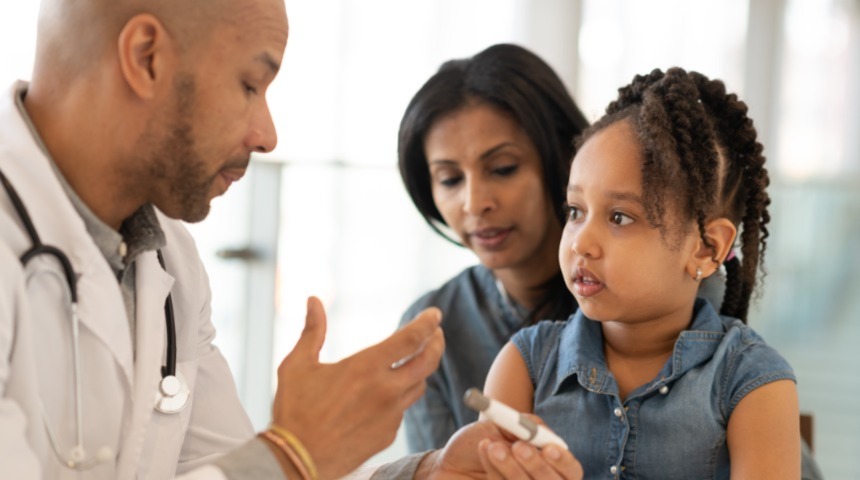With National Donor Day coming up February 14th, I have to ask: are you registered to be an organ donor? It’s a topic people are sometimes hesitant to talk about, but knowing the facts can help you feel more comfortable with the idea of becoming a donor. In the United States, there’s a critical need for donors, and those who register know they may save lives even after their death.
Who needs organ donations?
In the U.S. alone, more than 116,000 people are waiting for a life-saving organ transplant, but the number of transplants performed is only a fraction of that—in 2016, less than a third of those waiting received a transplant. Unfortunately, 20 people die each day waiting for a transplant.
Although 95% of adults in the U.S. support the idea of organ donation, only 54% sign up to be donors. With the organ shortage growing, it’s important to look at ways we can all save lives through organ donation.
What is organ donation?
Organ donation allows for a donor’s organs and tissue to be transplanted to another person.
Organs and tissues that can be donated include:
- Kidney
- Liver
- Pancreas
- Heart
- Lung
- Intestine
- Cornea
- Skin
- Bone marrow
Most transplants, such as heart, lungs, liver, pancreas and intestines, occur after the donor’s death. But some donations, such as one kidney, a lung, or a portion of the liver, pancreas or intestine, can be donated by a living donor.
In addition to organ donation, living donors are also needed for the donation of blood stem cells, cord blood, and bone marrow. Blood and blood platelets can also be donated, and, since they are continuously replaced in the body, they can be donated frequently.
How is organ donation arranged?
The United Network for Organ Sharing (UNOS) is a private, non-profit organization that works under contract with the federal government to manage the national transplant waiting list, and works with hospitals around the country to match donors with people on the list. Matches are based on criteria such as compatibility (i.e. blood type, body size) and priority (severity of patient’s need, time already on the waiting list, distance from the donated organ or hospital).
Living donations can be directed or non-directed. In other words, if you wanted to donate one of your kidneys to a family member, that would be directed donation. However, if you wanted to donate bone marrow, but not to anyone specific, that would be a non-directed donation.
Anyone can register to be a donor, and there’s no cost to the donor or the donor’s family. At the time of death, doctors will determine if a donor’s organs are suitable for donation.
How do I become a donor?
Registering to become an organ donor is easy. You can sign up when applying or renewing your driver’s license, or register with your state’s Organ Donor Registry. Then, download a donor card to carry in your wallet.
Once you’ve registered, be sure to tell your family and friends about your decision as well and encourage them to consider organ donation too.
While I encourage people to register as organ donors year-round, National Organ Donor Day is a perfect time to emphasize the importance of helping each other by providing the greatest gift.
Want to support organ donation and have fun while you do?
Come join me April 7 for the GR8toDON8 (Great to Donate) 8K run and 5K run/walk at Lyman High School in Longwood. Why is it an 8K? Because 1 donation can save 8 lives!
Whether you want to register to be an organ donor, raise funds for organ donation or come run or walk with friends and family, it’s the perfect way to to get involved with this important cause.
If you’re thinking about registering as donor, please visit Translife’s website to learn more about organ donation.




